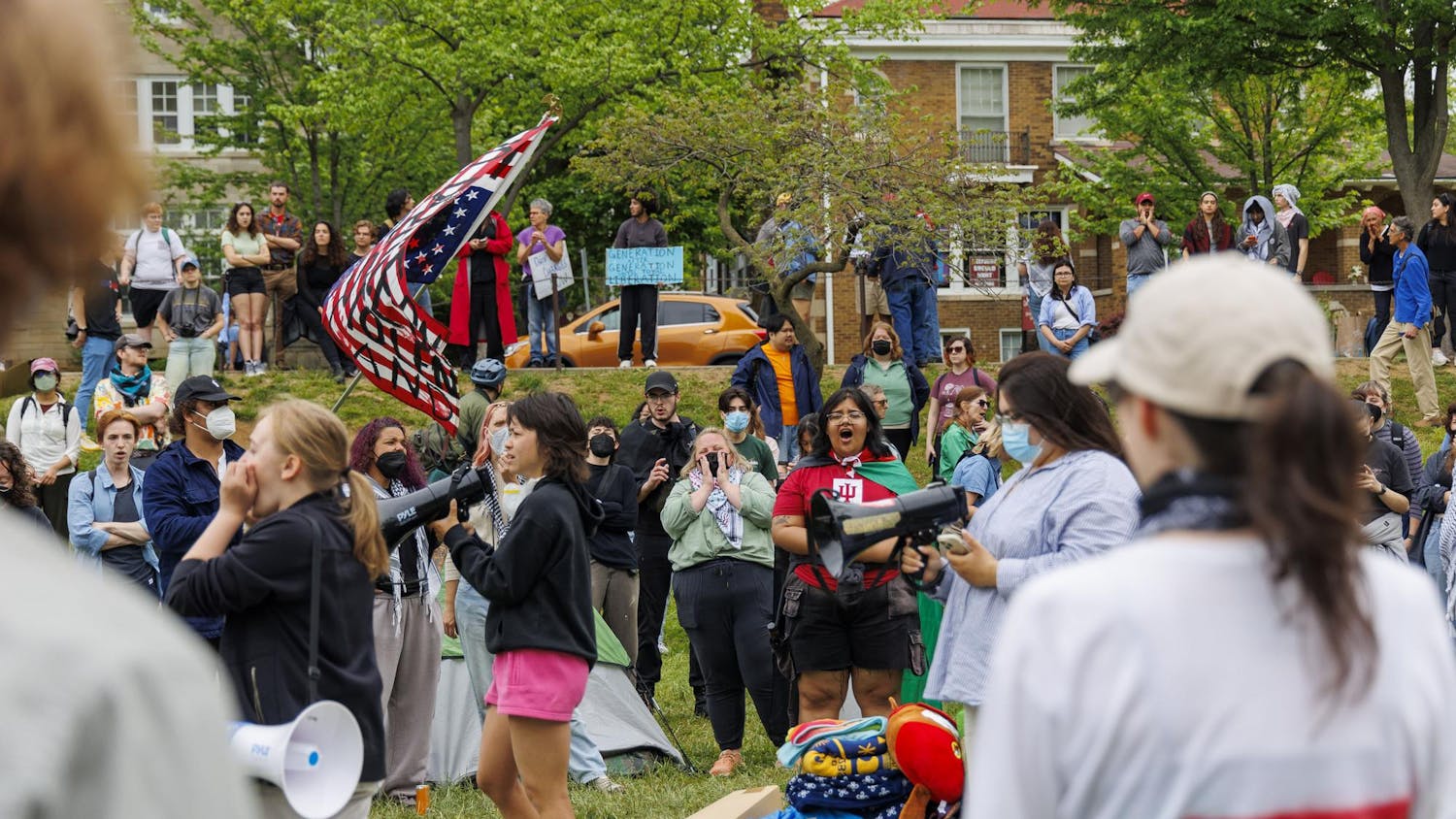In a world that is more interconnected than ever before, economic globalization is a reality. But global trade and investment need not include a race to the bottom in wages, unsafe working conditions and environmental degradation.\nThe North American Free Trade Agreement, or NAFTA, has meant just that for many workers and their communities. Manufacturing jobs in Bloomington and around the United States are moving to Mexico, where labor is cheap and standards for workers' health and safety and environmental protections sorely inadequate. Organized labor estimates that in its seven years, NAFTA has cost American workers 700,000 manufacturing jobs and 31,000 in Indiana. \nBut there are winners under NAFTA: Big multinational corporations have made a bundle while the workers and environment suffer.\nNow the Bush Administration and those companies want to expand the free trade zone to all of the Western Hemisphere, except for Cuba. The secret Free Trade Area of the Americas would include 34 new Central and South American countries in an agreement that mirrors NAFTA. And think of all that cheap labor down south! \nIn Mexico, wages are lower than they were before NAFTA was enacted in 1994, as are poverty levels. NAFTA has pitted worker against worker in competing for much needed jobs across borders. President Bush wants to extend the competition from three countries (Canada, Mexico and the United States) to 37. \nTrade agreements should include enforceable protections for workers rights, human rights and the environment. NAFTA does the opposite. It allows corporations to challenge laws in secret tribunals to demand compensation from governments when they feel such protections have lowered their profits. When a Mexican state refused to allow Metaclas Corp. to build on an ecological preserve, the company successfully used NAFTA to demand more than $16 million in compensation from the Mexican government.\nTo speed along FTAA and other trade agreements without appropriate consideration in Congress, President Bush is working for passage of Fast Track legislation. Fast Track would prohibit Congress from amending a trade agreement that is negotiated by the president, allowing only an up-or-down vote in Congress and prohibiting the addition of enforceable protection for workers rights and the environment. \nAs it stands, Fast Track would aid powerful corporations searching the globe for cheap labor lowering standards globally for workers rights, public health, consumers and the environment, according to the American Federation of Labor-Congress of Industrial Organizations Website. \nKen Zeller, president of the Indiana AFL-CIO, said "Congress speaks for the people," Zeller said. "To take their voice away takes our voice away." Ordinary citizens' groups have been locked out of the FTAA negotiations. \nIt's time that unions, environmentalists, farmers and other groups representing interests other than those of the multinational corporations be allowed not only to see a copy of the proposed FTAA agreement, but also to have a seat at the negotiating table.
NAFTA needs to protect workers
Get stories like this in your inbox
Subscribe





